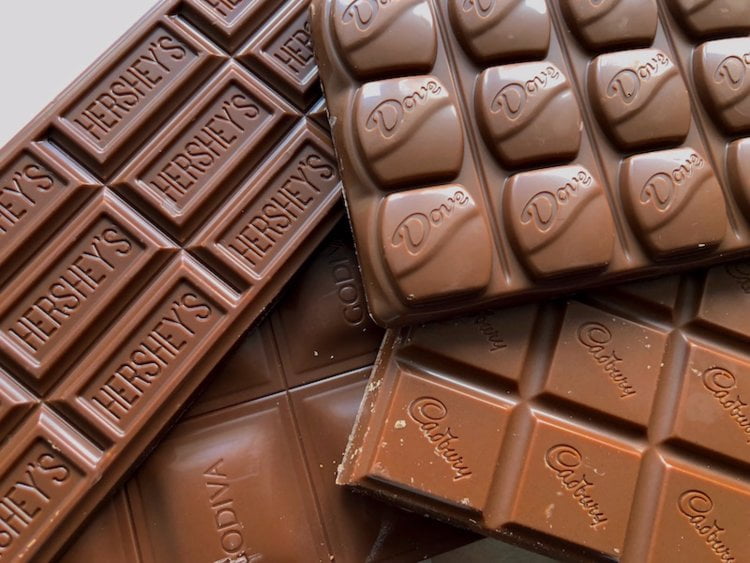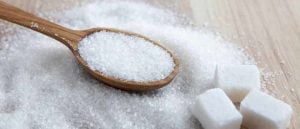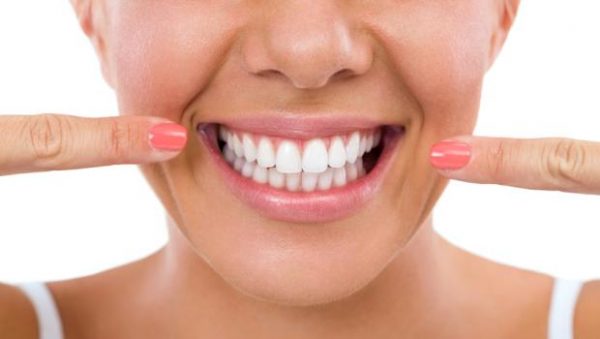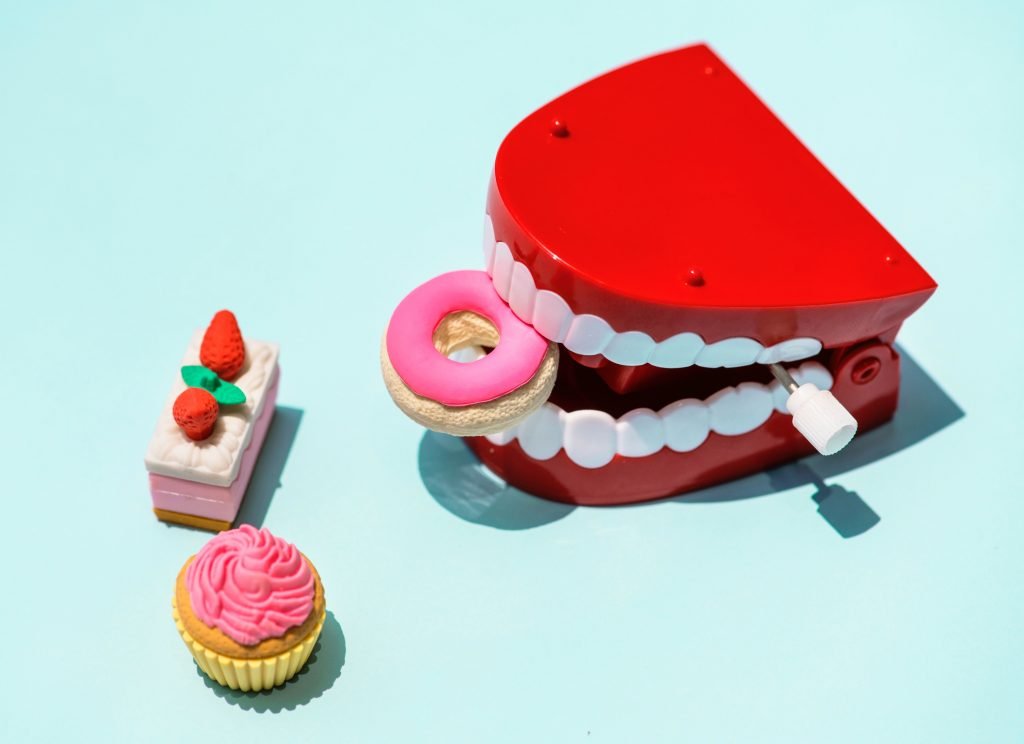
4 tips to help you enjoy Easter treats and still look after your teeth
4 tips to help you enjoy Easter treats and still look after your teeth
Although Halloween is becoming more popular here in Australia, when it comes to seeing the supermarket shelves stacked with sweet treats for weeks, you can’t beat this time of year.
The one thing that Easter has in its favour, though, is that most of what’s on offer to tempt us all is chocolate, albeit in very colourful wrappers and seemingly endless varieties!
If it’s a contest between chocolate and other sweets that might be harder and/or stick to teeth for longer, we’ll give the nod to chocolate.
However, if you’re going to indulge in anything with added sugar, you should keep your oral health in mind.
First, a couple of facts about chocolate

You might be surprised to hear that a little good-quality chocolate can be a good thing.
Dark chocolate with a high cocoa percentage (70% and above) contains:
– a high level of antioxidants,
– a high level of tannins, and
– cocoa butter
Each of which can help stop the build-up of plaque.
Research in Japan has also found that cocoa bean husk extract, or CBH, strengthens tooth enamel.
But – and this is a very important ‘but’ – the difference between good-quality chocolate and cheaper chocolate is like chalk and cheese, because cheaper chocolate has a lot more additives.
Oh, and white chocolate has an even higher percentage of sugar.
It’s the additives that get you

The thing that you should always keep in mind when eating lollies, chocolates, or any sweet treats is that it’s mostly artificial ingredients that give them their sweeter-than-sugar flavour. Emulsifiers and thickeners are also added to create different textures.
The high sugar content of sweets is one of the major contributors to tooth decay. Lollies that leave debris on your teeth are particularly bad, as that’s much harder for your saliva to break down, resulting in an increase in plaque on your teeth.
The plaque harbours bacteria that feed on the sugar creating the ideal environment for decay. Excessive consumption of sugar can also lead to enamel erosion.
1. Choose your sweets carefully

If you’re going to indulge, choose chocolate or other treats that won’t stick to your teeth as easily.
Avoid sweets that are really hard, as they can break or chip tooth enamel.
Also stay well away from sweets that have a significant acid component, like sours.
2. Eat your sweet stuff in one sitting

The worst thing you can do is ‘graze’ on your Easter sweet treats – that is, nibble away regularly for a prolonged period.
The more frequently that you eat, the longer your tooth enamel is exposed to cavity-causing acids, so it’s much better to eat in a single sitting and wait several hours before eating again.
This is because your saliva begins to neutralise the acids that are formed by the bacteria in your mouth around 20 minutes after you stop eating.
Ideally, eat your chocolate bunny after a meal.
A good tactic is to follow a sweet indulgence with an apple or carrot, because the texture of the crisp fruit will help scour some of the plaque from your teeth.
3. Don’t brush too often

While it might be tempting – and seem like a good idea – to brush more often when you’re eating more sweet treats, don’t brush immediately after eating a starchy or sugary snack.
That can do more damage than good because your tooth enamel is softer while it is under attack from the acids in your mouth.
A far better option is to rinse your mouth with water after eating a sweet treat, because plain water helps the saliva do the job of neutralising the pH of the mouth.
When you do brush – particularly your night-time brush before bed – take a bit more time and care to make sure you do a thorough job and floss to remove the sticky sweet from between your teeth.
4. Make an appointment for after Easter

Unless you’ve been in to see us in the past few months, what better motivation to come in to Middleborough Dental Care for a check-up and dental clean than when the last of the shiny chocolate wrappers is in the bin!
As well as using our specialised tools and techniques to remove any pesky plaque, we’ll be able to spot any small issues and treat them before they become bigger.
We can also give you any advice or tips to help you improve your oral-care regimen to make sure that you can continue to enjoy some sweet treats without compromising your dental health.